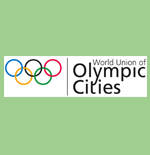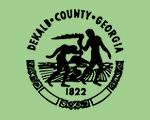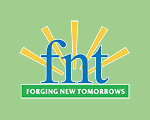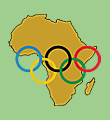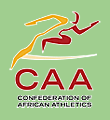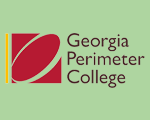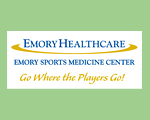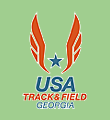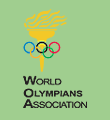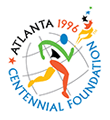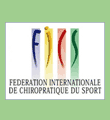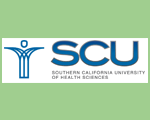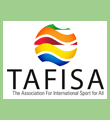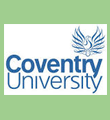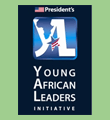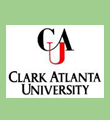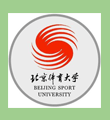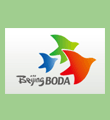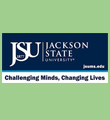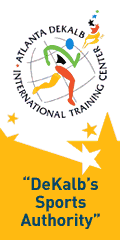
Final report on the successful operation of the London 2012 WUOC House™ - Maison UMVO Londres 2012™ (July 25 – August 12, 2012) created and managed by the ATLANTA 1996
World Union of Olympic Cities (WUOC) 5th Lausanne Summit 2012
-
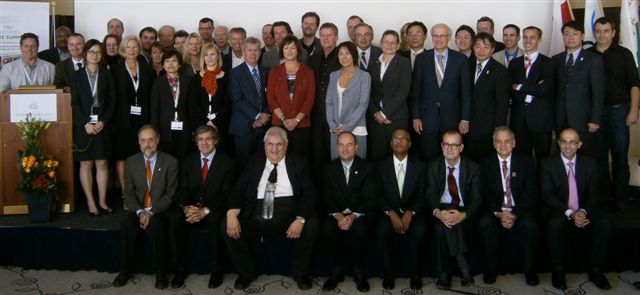
-
Delegates of Olympic Cities and guests of the WUOC attending the 5th Lausanne Summit 2012 (October 2, 2012)
© 2012 ATLANTA 1996
Lausanne, Switzerland (October 2, 2012)
During the World Union of Olympic Cities (WUCO) Lausanne Summit (September 30 - October 2, 2012) held in the Olympic capital of Lausanne (Switzerland), the ATLANTA 1996 delegation gave a detailed report on the successful operation of the London 2012 WUOC House™ - Maison UMVO Londres 2012™ (July 25 – August 12, 2012) during the London 2012 Olympic Games (July 27 - August 12, 2012).
-
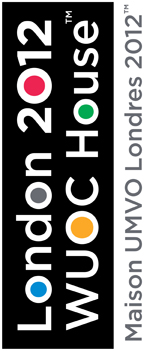
-
Official logo of the London 2012 WUOC House™ - Maison UMVO Londres 2012™ created by Ed THARP, ATLANTA 1996 Artistic Director
LAUSANNE SUMMIT 2012
PROGRAM
Theme:
Social legacies: using the hosting of the Olympic Games to contribute to the social wellbeing of a city’s inhabitants by encouraging and facilitating participation in physical activity, developing education and engaging the community to coalesce around common social goals.
Description of Summit:
The 5th Lausanne Summit will focus on ‘social legacies’ – how hosting the Olympic Games can be activated to strengthen the social fabric of a host city by engaging the community through sport, in community activities and developing education programmes. Participants will hear from a variety of organisations presenting case studies demonstrating how, through careful planning, the Olympic legacy can be used by cities to translate the vision of a healthy and active city into a reality.
SUNDAY 30 SEPTEMBER
19:30 Welcome cocktail at Zapoff, Lausanne Palace
MONDAY 1 OCTOBER
08:45 – 09:30 Welcome and introductions from participating cities
09:30 – 10:30 Understanding social legacies
An introduction to the potential impact the Olympic Games can have on the host city’s society, with a focus on issues of community integration, leadership, and education.
Speaker: Gilbert Felli, Olympic Games Executive Director, IOC
10:30 – 11:00 Break
I. Planning for social legacy
11:00 – 12:00 Richmond Olympic Oval and the 2010 Vancouver Winter Olympics
The Richmond Olympic Oval was built for the 2010 Olympic and Paralympic Games in Vancouver, Canada and was host to long track speed skating events. It is now an integral part of the local community legacy left by the Games; the result of thorough pre-Games planning and research.
Speaker: George Duncan, Chief Executive Officer Richmond Olympic Oval, City of
Richmond
II. Engaging and inspiring the community
12:00 – 13:00 2010 Legacies Now
2010 Legacies Now was created in 2000 with an ambitious vision to leverage the 2010 Olympic and Paralympic Winter Games to bring significant lasting benefits, not just to the Host City, but also for the entire Host Province of British Columbia (BC). Through its well documented success, the organization has been recognized for its ability to forge partnerships, to create compelling programs and to achieve social goals with entrepreneurial creativity and energy.
Speaker: Bruce Dewar, Chief Executive Officer, Lift Philanthropy Partners
13:00 – 14:00 Welcome Lunch
14:30 – 15:30 The sociology of sport
An academic perspective on the sociology of sport and the real impact sporting events can have on the community. What expectations can one have as to outcomes in the long-term, and how can the effectiveness of initiatives be measured?
Speaker: Professor Richard Giulianotti, Professor of Sociology, Durham University
15:30 – 16:00 Break
16:00 – 17:00 London 2012’s education program – “Get Set”
Get Set is the official London 2012 education program for schools, college and local authority education providers across the UK. Through sport, culture and education it enhances learning across the curriculum and supports children and young people all over the UK in the development of their leadership and personal skills, creativity and approach to life.
Speaker: Nick Fuller, Head of Education, London 2012
20:00 Cruise dinner
TUESDAY 2 OCTOBER
III. Physical activity for a healthy society
09:00 – 10:00 TAFISA – Triple AC Program
The TAFISA Triple AC program recognizes and rewards the use of the community and city settings to help citizens become more active, and improve their quality of life. The program is a global initiative developed in collaboration with already ‘active’ cities, e.g. Liverpool in the UK and Launceston in Australia, and in cooperation with the IOC. The program is open to all cities and communities worldwide and is purposely transferable across regions, races, level of development and economic status etc. The Triple AC recognizes that all activity is important, including both Sport for All and elite or top sports.
Speaker: Wolfgang Baumann, Secretary General, TAFISA
10:00 – 11:00 The Biggest Little Legacy in the World
A little over fifty years after the Squaw Valley Winter Games, the Olympic flame still burns brightly in the Reno-Tahoe region. Through sport programs providing numerous opportunities for youth as well as events which showcase the area’s Olympic Heritage, the Reno Tahoe Winter Games Coalition works with schools, organizations and individuals to maximize legacies. The organization will soon evolve into a complete sports organizing committee for Reno-Tahoe ensuring promotion of the region as a year round world-class sports destination and supporter of the Olympic Movement.
Speaker: Hawley MacLean, Reno Tahoe Winter Games Coalition
11:00 – 11:30 Break
IV. Sport and the promotion of Olympic Values
11:30 – 12:30 Youth Sport Trust Young Ambassador’s program
The Youth Sport Trust charity, supported by the London Organizing Committee for the Olympic and Paralympic Games, is delivering a project designed to develop the talents of 15-19 year olds within schools around the UK to train them as role models for their peers and to promote and live out the Olympic Values. The program is based on the philosophy that young people are better at communicating with and inspiring each other.
Speaker: Guin Batten, Chief Operating Officer, TOP Foundation
12:30 – 13.30 Lunch
13:30 – 15:00 Workshops
A. “How to build a healthy society”
Following the presentations, how can the Olympic Games be used to build a healthy society and encourage the Host City/Country’s inhabitants to participate in physical activity? How should people of all ages be engaged? What sort of programs/partnerships could be instituted?
B. “How to develop a sense of community”
Following the presentations, how can the Olympic Games be used to develop a sense of community in the Host City and advance social change? What is the role of education and what type of value-based projects can be instituted?
15:00 – 15:45 Workshop outcomes and open/panel discussion
[A general session to share the outcomes of the workshop discussions and to allow for further analysis of the case study presentations]
15:45 – 16:00 Closing
16:00 – 16:30 Break
16:30 – 17:30 UMVO General Assembly including the report on the London 2012 WUOC House™ - Maison UMVO Londres 2012™ by Dr. Marc-Daniel GUTEKUNST, ATLANTA 1996 Co-Chair & CEO
Related Links
Pictures of August 8, 2012 Lausanne Olympic Capital reception with IOC President Dr. Jacques Rogge held at the London 2012 WUOC House™.
